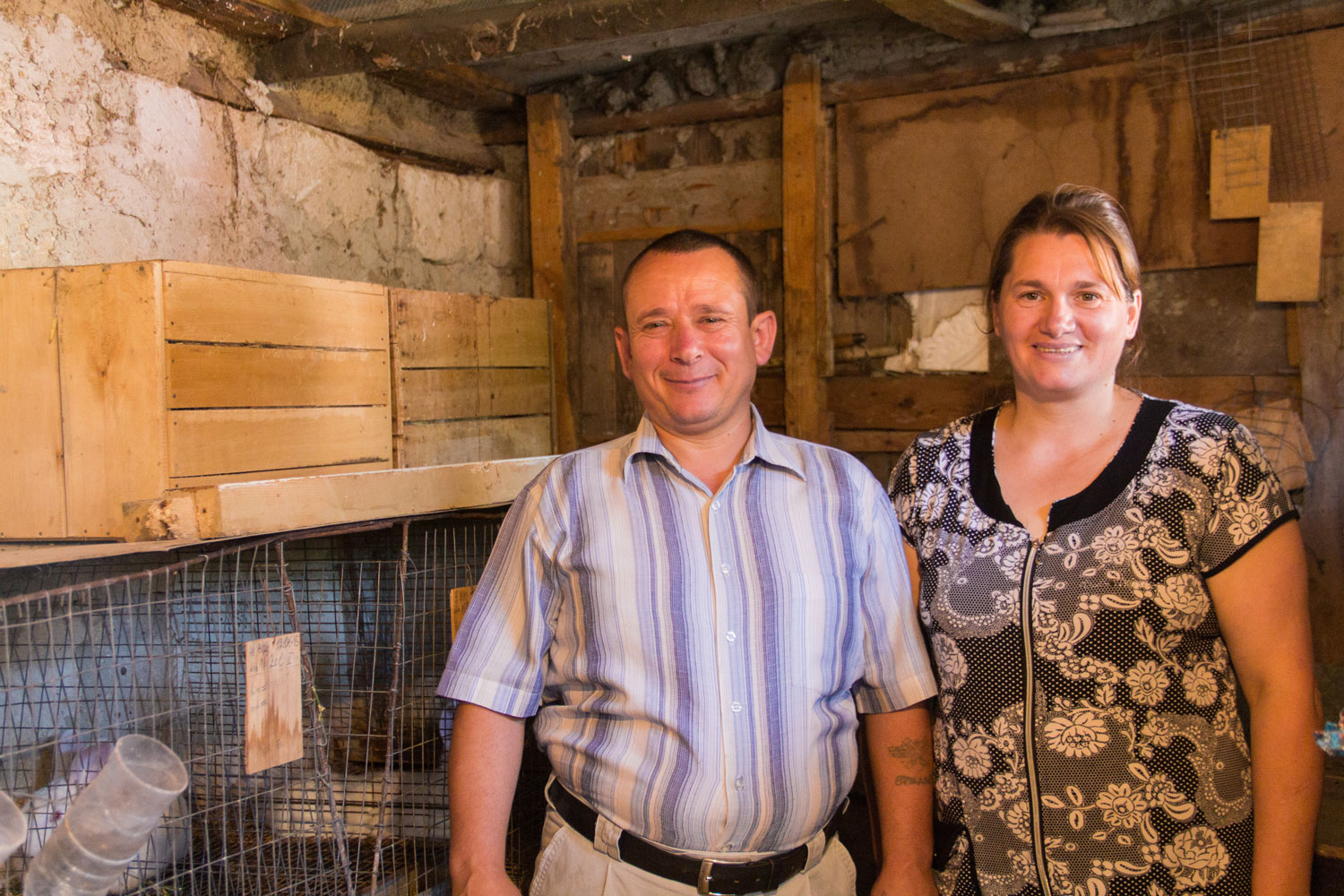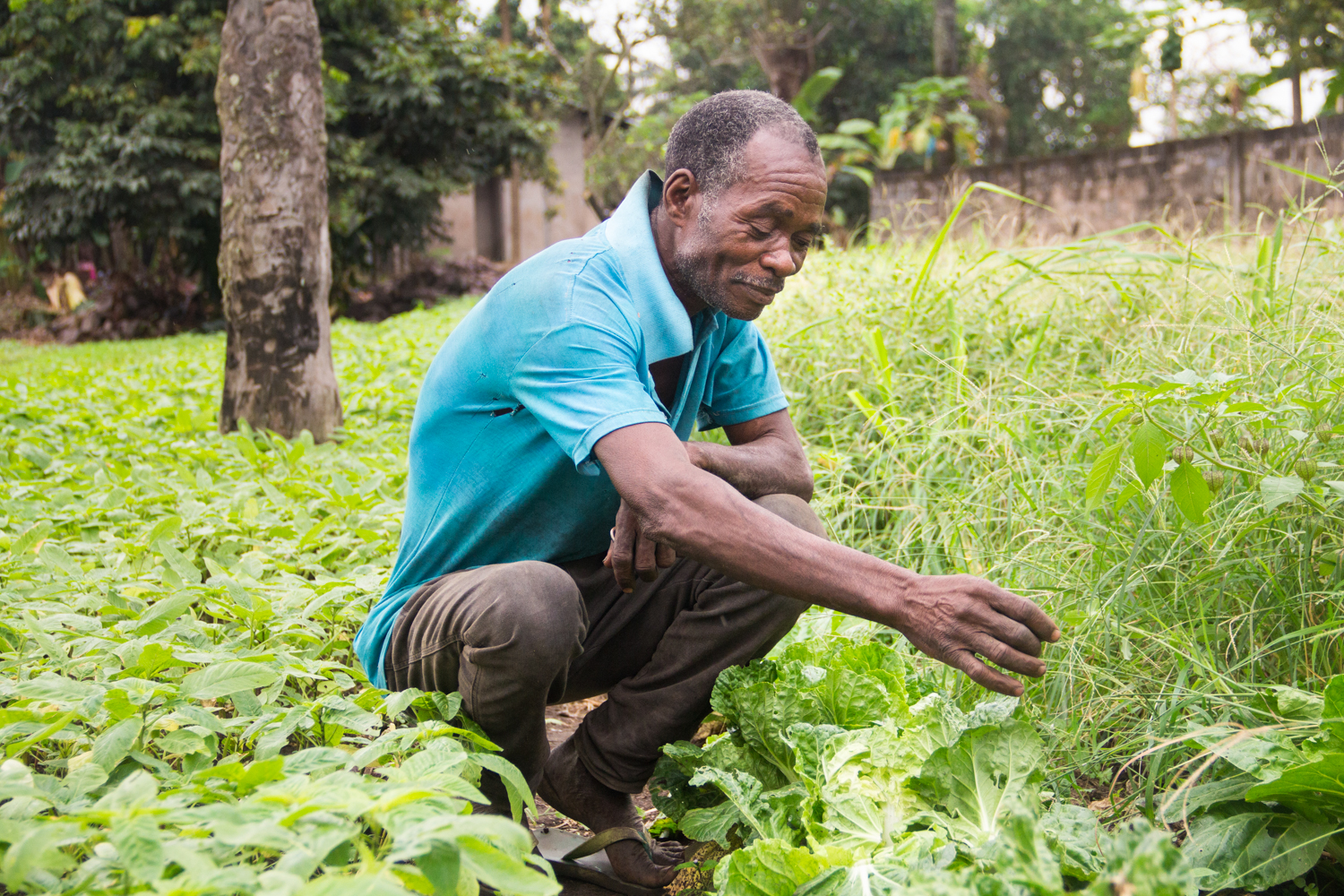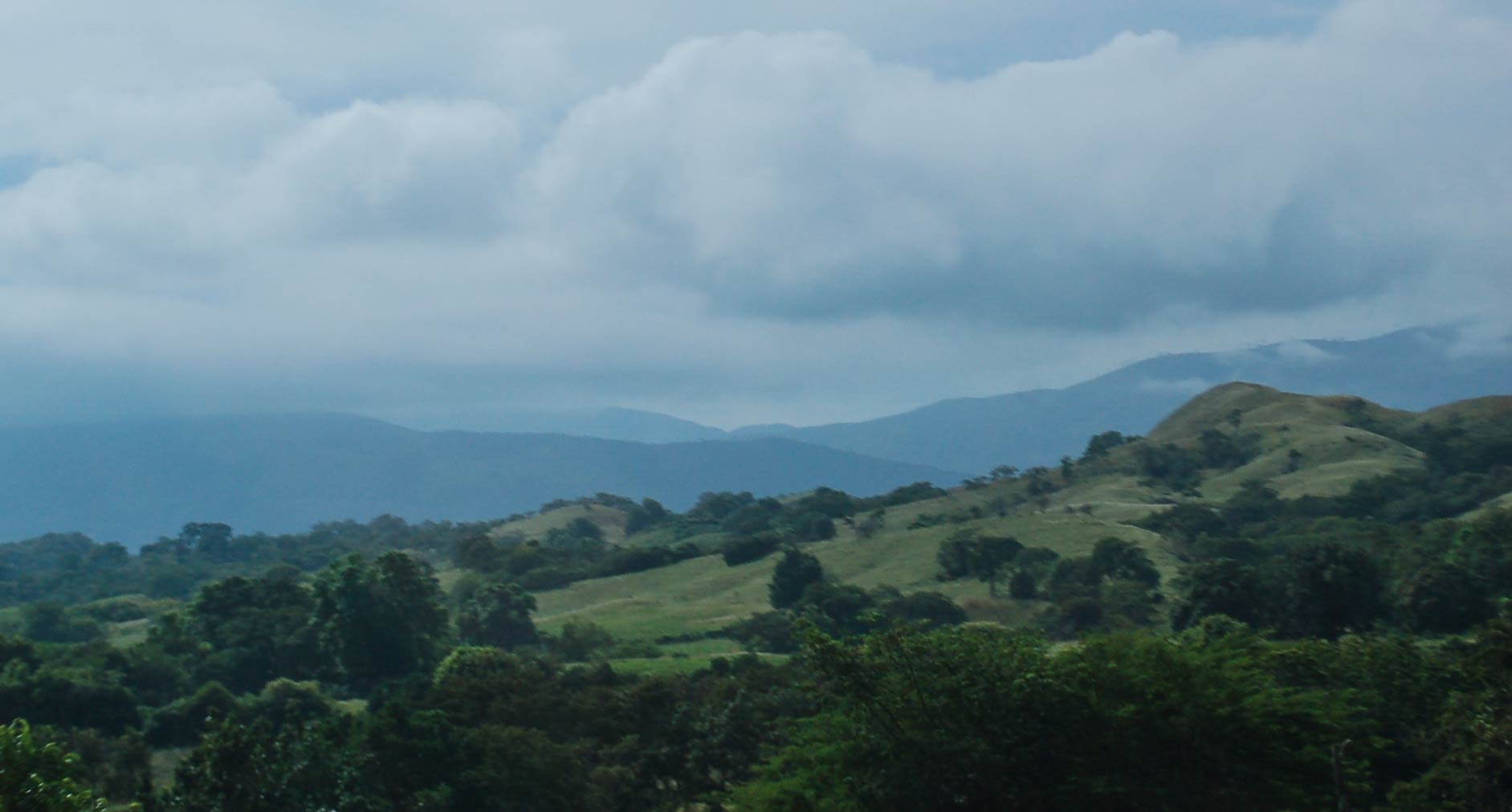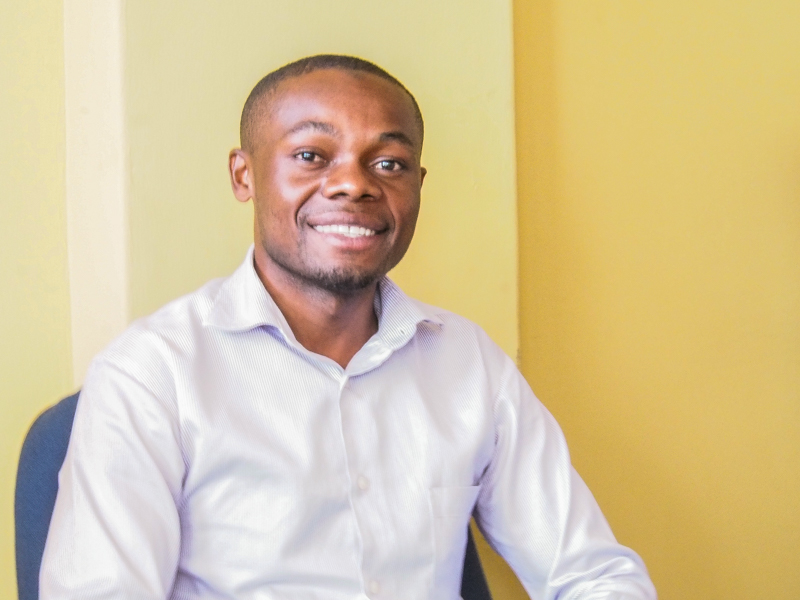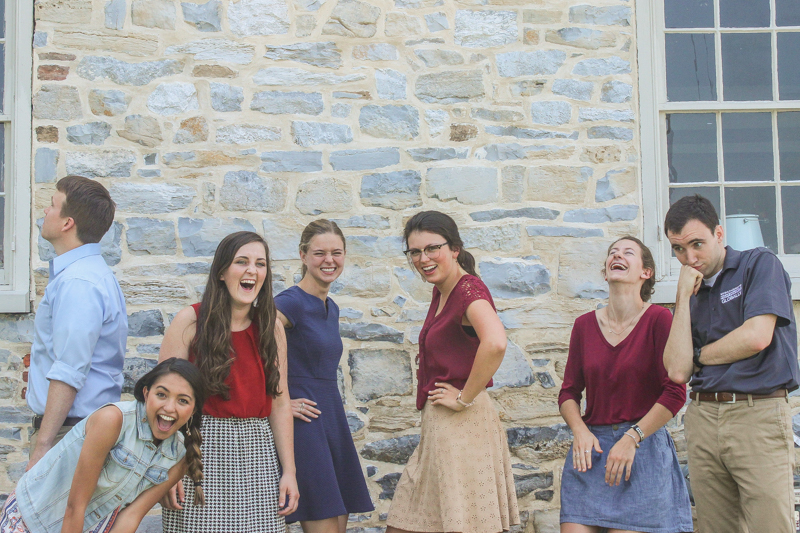In the seven years since Peter Greer and Phil Smith released The Poor Will Be Glad, HOPE has learned a lot about working with families in underserved communities to help them flourish. Peter and Phil have updated their book, retitled Created to Flourish, and we’d like to share these valuable learnings with you. Here’s an excerpt from Chapter 4 about the power of jobs in fighting poverty.
When we engage in employment-based solutions, the benefits of employment extend to future generations. Outside a small office in Trou-du-Nord, Haiti, I saw several boys with homemade kites. Using a plastic bag, some string, and a few sticks, these three boys constructed kites capable of expertly navigating tangled power lines and two-story buildings. I could see other kids watching and learning from their example. Other children saw what was possible, and there grew a prestige factor in who could get his kite the highest.
In the same way, I’ve seen community members improve their lives, motivating other community members to action through their hard work. If my neighbors can pull their families out of poverty, why can’t I? Essentially, they are pushing the limits of what is possible, and from very little they are making kites that can fly higher and higher.
Employment decreases the need for never-ending support. Continue Reading…






